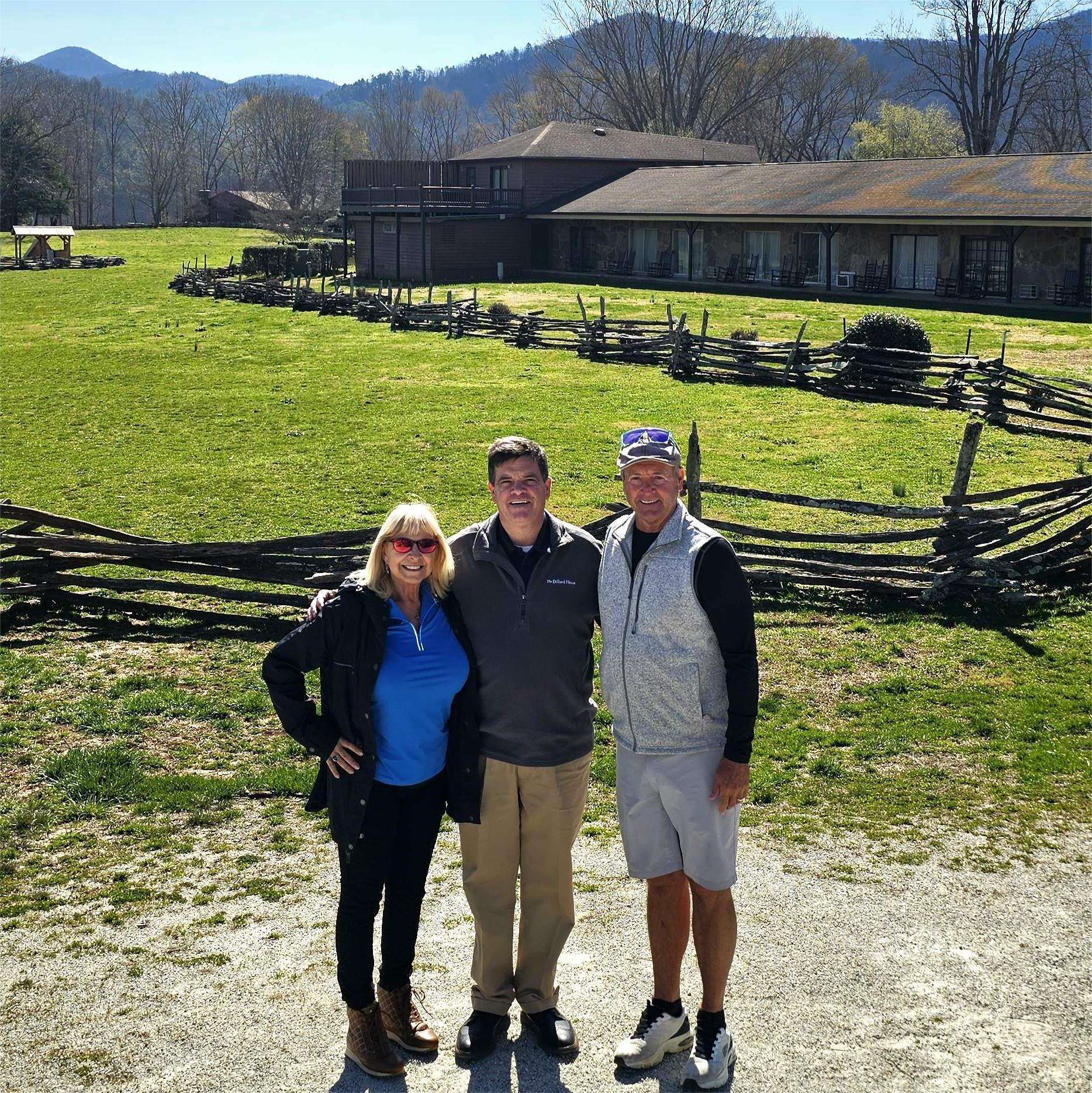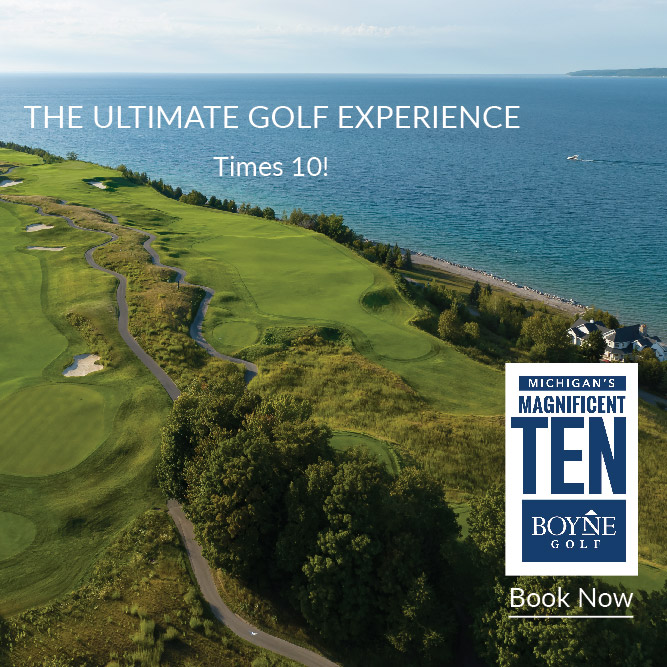Known for building personable, knowledgeable, and confidential relationships with his clients, Raymond Prior, Ph.D. is one of the most sought-after names in performance psychology by the world’s best performers. His clients include Major Champions, World Champions, Olympic Gold Medalists, individual and team National Champions, National Coach of the Year Award winners, individual and team Conference Champions, and countless NCAA All-Americans.
Dr. Raymond Prior also works with non-sport performers, including Grammy winners, Oscar winners, Tony winners, and Emmy winners performing on stage and screen.

THE DR. RAYMOND PRIOR STORY
Dr. Prior is a Certified Mental Performance Consultant by the Association of Applied Sport Psychology. As an author and researcher, Dr. Raymond Prior has authored several books, contributed chapters to several performance psychology textbooks, and published research in the Journal of Applied Sport Psychology.
***
In short, what is performance psychology?
Human psychology encompasses a variety of interrelated specialty areas. Performance psychology is specifically focused on studying, understanding, teaching, and applying practical principles and skills that most strongly impact our long-term growth, performance under pressure, and how fulfilling our relationship with our performance is.
What drew your interest in having a career in the field?
When I was a collegiate athlete, it become so obvious to me that being a good player had so much less to do with how well people performed in competition. Put plainly, physical ability and skill level undoubtedly impact performance but are nowhere near as impactful as the psychology that grants, or denies, access to physical ability and skill.
Everything we do goes through the filter of our own psychology and we don’t have a choice in the matter. To me, if that’s the source of what holds us back or what moves us forward, I can’t think of anything more interesting and important to know and share with others.
How did you get started in working with PGA TOUR players?
When I was in graduate school, I started working with some college golfers around the country. Several of those golfers wanted to continue working together after college and went on to play on the LPGA and PGA Tours. When some of them starting winning tournaments, other players started contacting me.
My work with tour players has grown significantly in the last decade because my approach is rooted in information that centers around the strongest predictors of psychological strength, not surface-level pop psychology like “being positive” or “just being disciplined.”
What specific need is sought by such players when competing?
No two humans are the same. We all have different histories, values, experiences, philosophies, and therefore psychological frameworks that ultimately drive our behaviors. As such, different clients have different needs. However, the most common thread between tour players is that they are looking to better understand and develop more stable confidence.
You’ve work with a range of high-profile athletes and performers — is there any common area of emphasis you see in what they are looking to achieve via their respective efforts?
Most high-profile performers are looking to perform better and do so more consistently. Many of them have been able to get to where they are on physical ability and skill alone, but when anyone reaches the point where physical competencies are no longer enough to move them forward on their own, their psychology is what determines whether they can continue to move forward.
Once anyone reaches these points, it’s our psychology that’s granting us access to our ability, resilience, stable confidence, and allows us to perform freely.
Many pro golfers revere the mental strength of such players as Jack Nicklaus and Tiger Woods. What do you see as the main reason for how they were both able to separate themselves from key competitors throughout their respective careers?
For someone in my area of expertise it’s disrespectful and unethical to guess at anyone’s psychology and act as if we know what someone is thinking and what drives them. So when it comes to Jack and Tiger, we can only observe what’s obvious which is that there were many, many reasons that they were able to perform better and more consistency that many of their competitors. On some level both Jack and Tiger understand that stable confidence isn’t built on results, comfort, or certainty.
Relying on any of these to be confident only makes confidence less stable. In one way or another they also both developed their ability to value being present when it’s difficult to do so, that’s the formula for composure under pressure. They both also learned to enjoy, even crave, the continued effort required to get better when you’re already a world class athlete. That combination will take anyone in any craft a long way.
Curious to know — when you work with TOUR players — do you walk along with them during a round and make notes and then review together?
The structure of my work with any client varies based on what they want and needs. Many tour players find it valuable to have me walk with them during practice rounds so we can have an ongoing discussion and others find it helpful for me to observe them play so I have a better understanding of their performances.
Some clients prefer to talk and work together on the range or putting green and others want to talk long before a tournament starts and then reconnect after. My job is to be valuable to my clients in the ways that meet and adapt the demands of their performance.
When you’re working with clients — how candid do you get when speaking with them about enhancing their performance?
The relationships I build with my clients always revolve around trust and honesty. For many of my clients, once they know that they can trust that I hold them and their performance with great reverence, they often want me to be candid.
The bottom line is that performance at the highest levels is time sensitive and the fastest way to being able to get better in sustainable ways are to be accepting and honest about your current realty. Most elite performers understand this and learn to value candid questions and feedback from the people they really trust.
How can average golfers take advantage of what you provide and what are the approximate costs to do so?
All golfers of any skill level can learn more about their psychology by reading my book Golf Beneath the Surface which will be available in May. GBTS distills decades of performance psychology research and organizes it for golfers into the handful of areas that are the strongest predictors of long-term growth, performance under pressure, and a more fulfilling relationship with golf.
The book challenges the status quo of surface-level pop psychology currently available to golfers.
Golfers can also learn to detach from outcomes and instead focus more on their decision making and skill execution in the present moment by using the MindTrak app. MindTrak offers a simple and systematic system for golfers and coaches to actively reflect on their rounds of golf to gather more accurate and objective information about what impacts their performance and scores the most.
If you could change one thing in golf unilaterally — what would it be and why?
No more gimme putts. The vast majority of golfers, including many professional players, fear short putts in large part because they rarely putt out from inside three feet.
Taking gimmies in effect removes a valuable opportunity to practice putting under pressure from a distance that isn’t as easy to make as it seems. In competition, “close enough” is never enough and yet most golfers practice and play as if it is.
***
For more info go to:
















